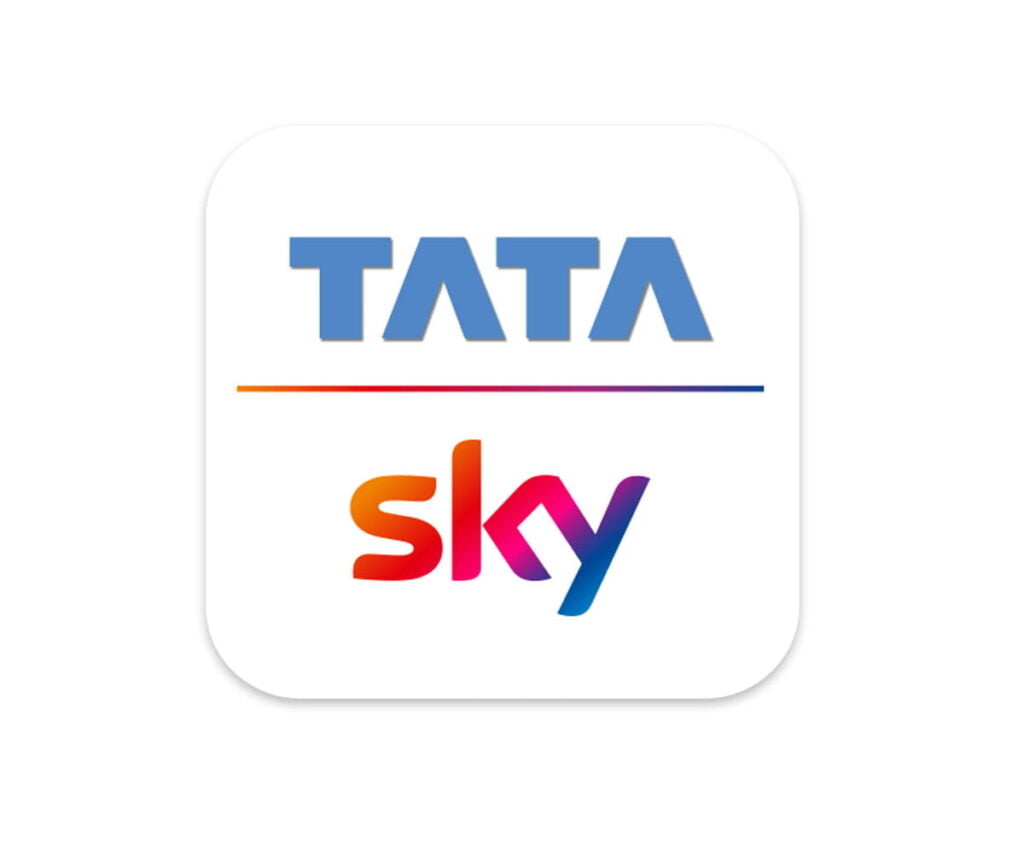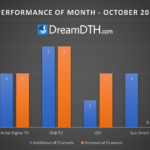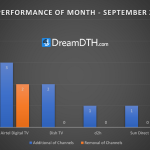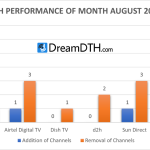DTH operator Tata Sky in response to a consultation paper released by the Telecom Regulatory Authority of India (TRAI) on set-top box (STB) interoperability said that there is no need for it due to the commercial, technical, security and service-related issues.
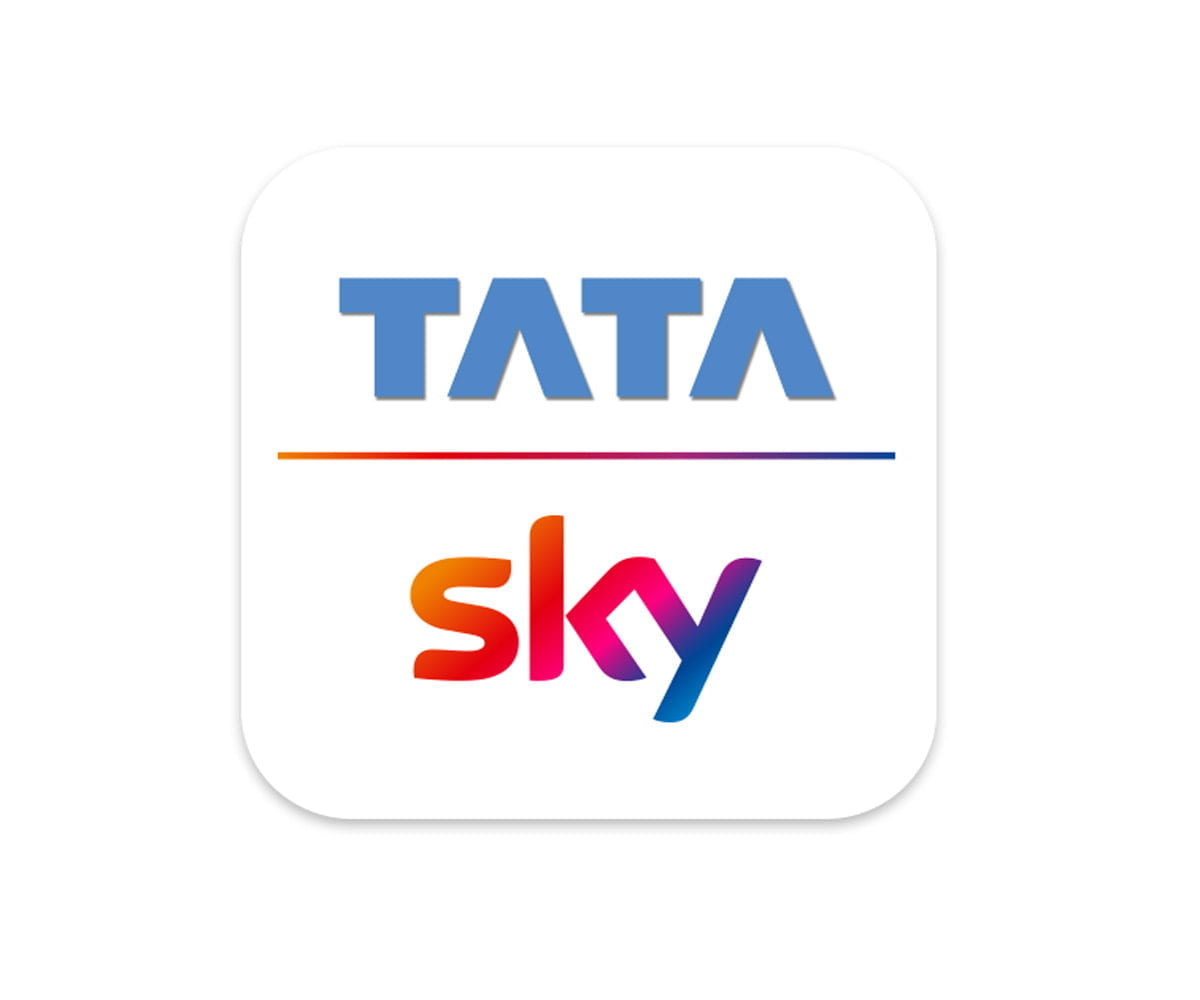
The operator said that current STB eco-system allows operators to provide a secure solution like HDCP, Water-marking, Fingerprint etc. at optimum cost. Tata Sky raised serious concerns about third party manufacturers and developers being able to maintain the same security standards in the interoperable STB.
Tata Sky told TRAI that different operators are using different compression standards like MPEG-2, MPEG-4, HEVC, etc. which is difficult for interoperability. Due to different functionality, processor speed, memory, software configuration, encryption and transmission standards amongst operators, compatibility will become a serious problem.
Tata Sky further added that, “The STB interoperability will adversely affect innovation. The current ecosystem allows us to innovate whereas interoperability would not support the innovations even on standard features which includes EPG in multiple languages and interactive services.“
Costs may also increase due to interoperability as the process of BIS standardization of various STB features would require significant cost and long gestation period of the standardization process. Tata Sky mentioned that this would not be feasible for the industry due to aggressive and unregulated competition for OTT and mobile operators.
It also said that interoperability will cause troubles to consumers because currently operators themselves provide technical support but STBs purchased from open market won’t be able to get such support.
Tata Sky submitted to TRAI that there is no practical solution available for implementing interoperability for existing STBs. Any such attempts will bleed the industry in terms of Capex investments, will lead to increased debts for the players and also lead to a spike in e-waste.

